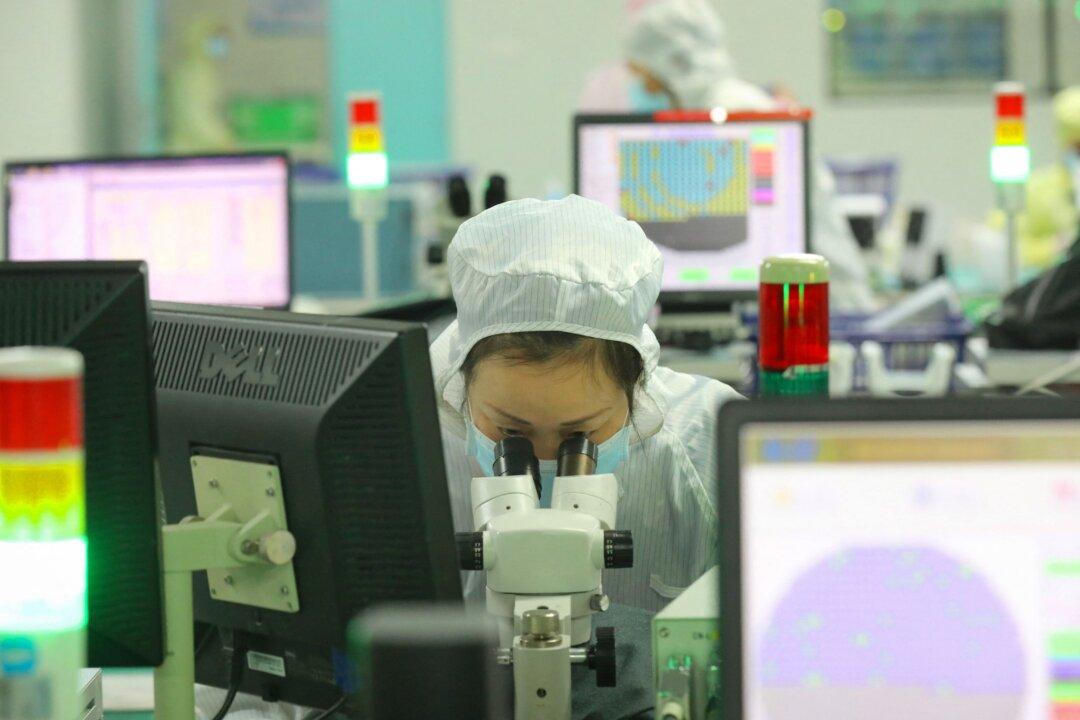An expert has called on the U.S. government to further facilitate sales of U.S.-made chips for civilian and commercial uses in China.
Last October, the U.S. government issued new export controls (pdf) that block U.S. companies from selling advanced semiconductors, and the equipment used to manufacture them, to some Chinese manufacturers unless a special license is obtained. In December, the government expanded these restrictions to 36 additional Chinese chip makers.





